
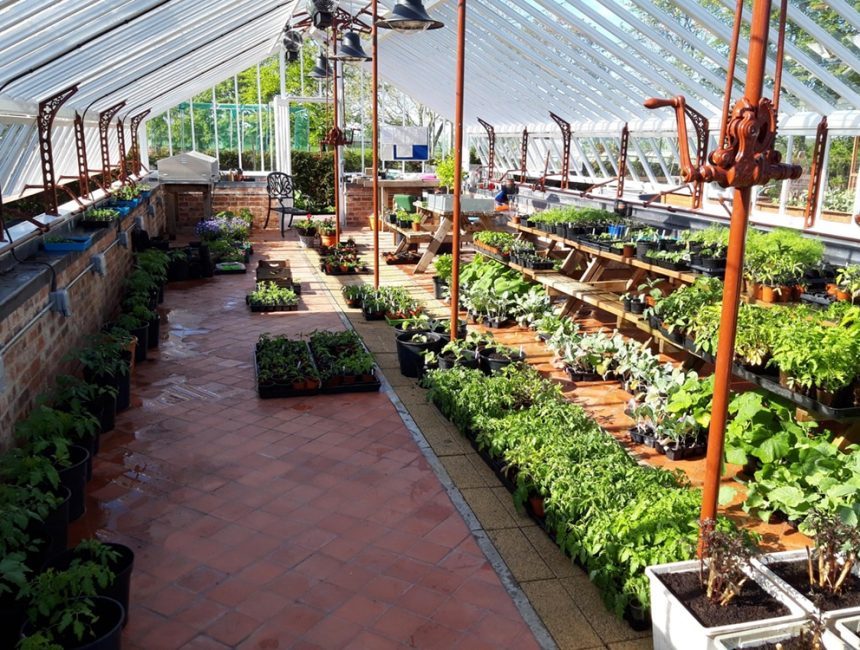
Horticulture is often cited as therapeutic exercise. It is frequently and loosely championed as a satisfying pastime – one that encompasses the joy of creation, of feeding oneself, and escaping from the pace of life. Happily, horticulture is all those things. But for the most part that’s as far as people dig in terms of the actual restorative qualities of gardening – something wonderful, ethereal, but not quite quantifiable. There are, however, those out there who are absolutely proving the transformative, healing properties of working with plants. We recently visited a fascinating scheme involving U.K. service-personnel that shows horticulture’s very real, very positive outcomes.

HighGround, based at DMRC Stanford Hall, engage with rehabilitating injured personnel through Horticultural Therapy – best defined as “the use of plants by a trained professional through which certain clinically defined goals can be met”. Executive Director, Anna Baker Cresswell invited us to see first-hand how the practices, processes, and environments inherent to horticulture can help repair lives. Needless to say we were delighted with the chance to visit and to see how we might assist them in their work.
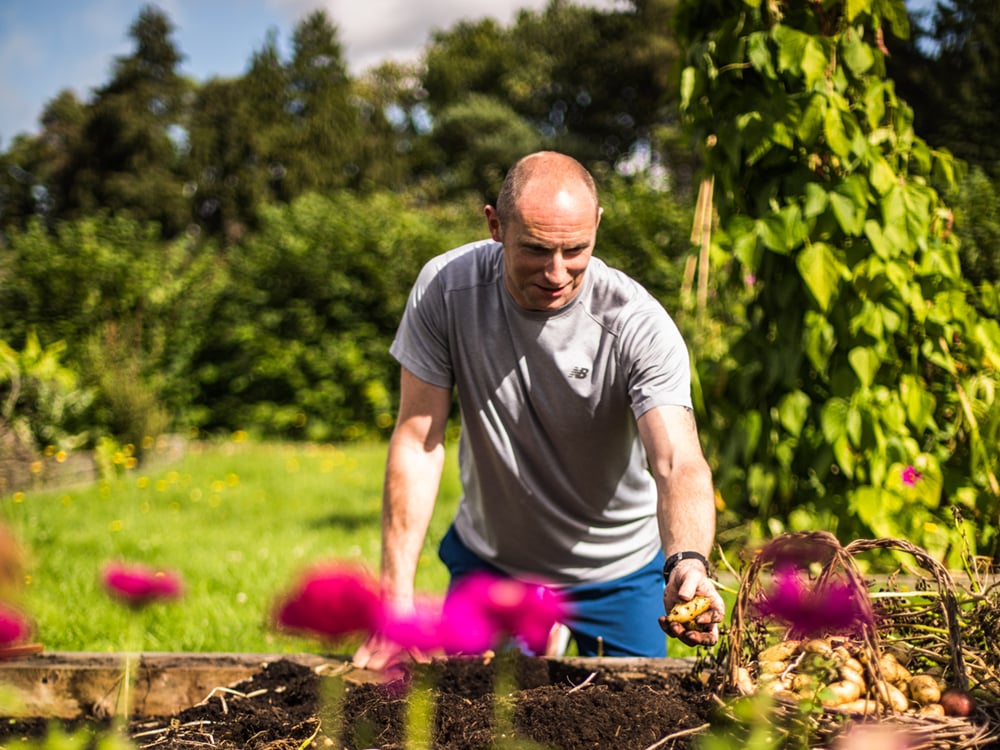
Experience has shown that there’s a wealth of therapeutic value to be found in gardening for those affected by their military service. Before the opening of Stanford Hall’s purpose-built £300m DMRC facility there was Headley Court. It was there that much of the formative work in exploring gardening as a means of therapy was done. Some of the lessons learnt are truly eye-opening.
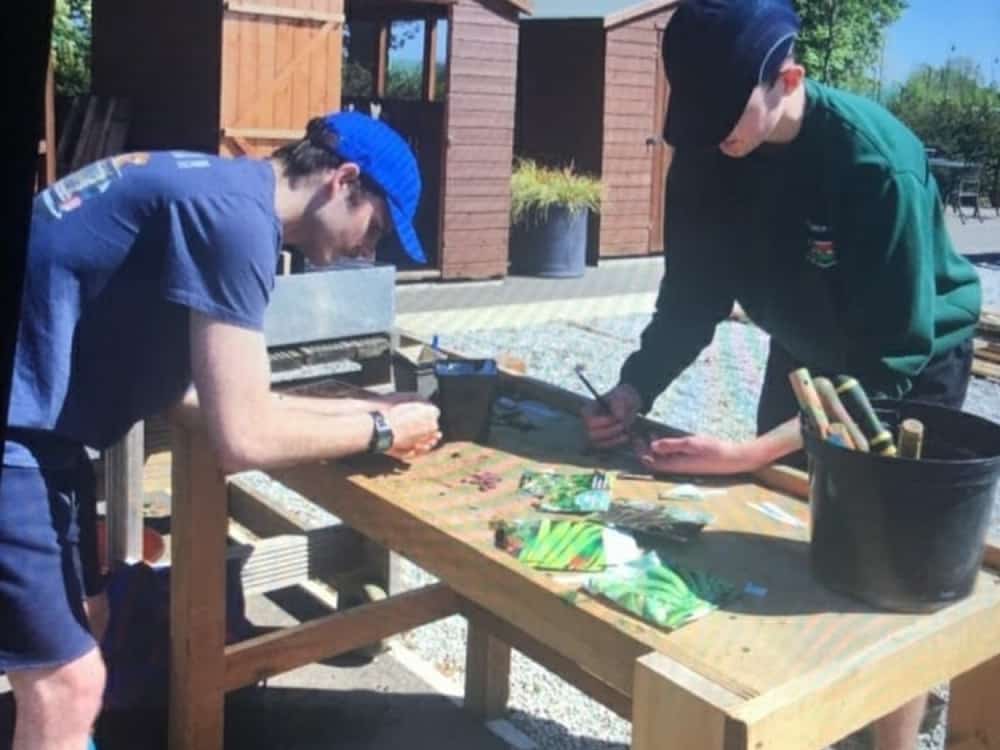
Consider, for example, that many of those rehabilitating might be prosthetic wearers. For them gardening presents “a wide range of specific mobility challenges, many of them similar to those patients would face in everyday life”. To similar ends it was found that gardening could “sharpen proprioception (the sense through which we perceive the position and movement of our body, including our sense of equilibrium and balance)”. Horticulture involves “performing tasks in the correct sequence, using the correct equipment”, and when done under direction “requires being able to follow verbal and visual instruction and recall instructions given”. All of which might prove valuable to those overcoming psychological obstacles. Equally, caring for plants has been seen as a means to stepping away from the constant pressure of caring for oneself, and can provide conversational openings.
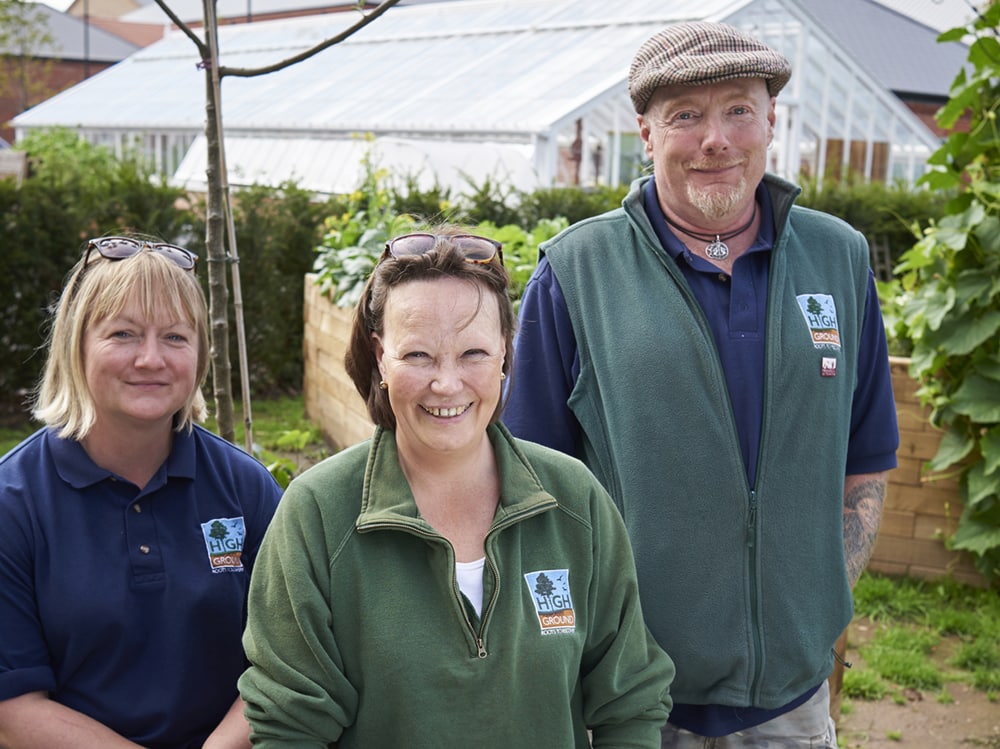
In 2014, following an invitation by the then Commanding Officer, Anna started a pilot at Headley Court funded by ABF The Soldiers’ Charity and the Westminster Foundation to test the benefits of Horticultural Therapy as a rehab intervention for injured serving personnel. Thanks to the tireless efforts of Anna and her team, Horticultural Therapy is now an ‘accredited defence output’ – making it very much part of our nation’s services. This is, understandably, a source of pride for Anna as her late mother was a Nightingale Nurse and, by Anna’s own admission – a much better gardener than she will ever be!
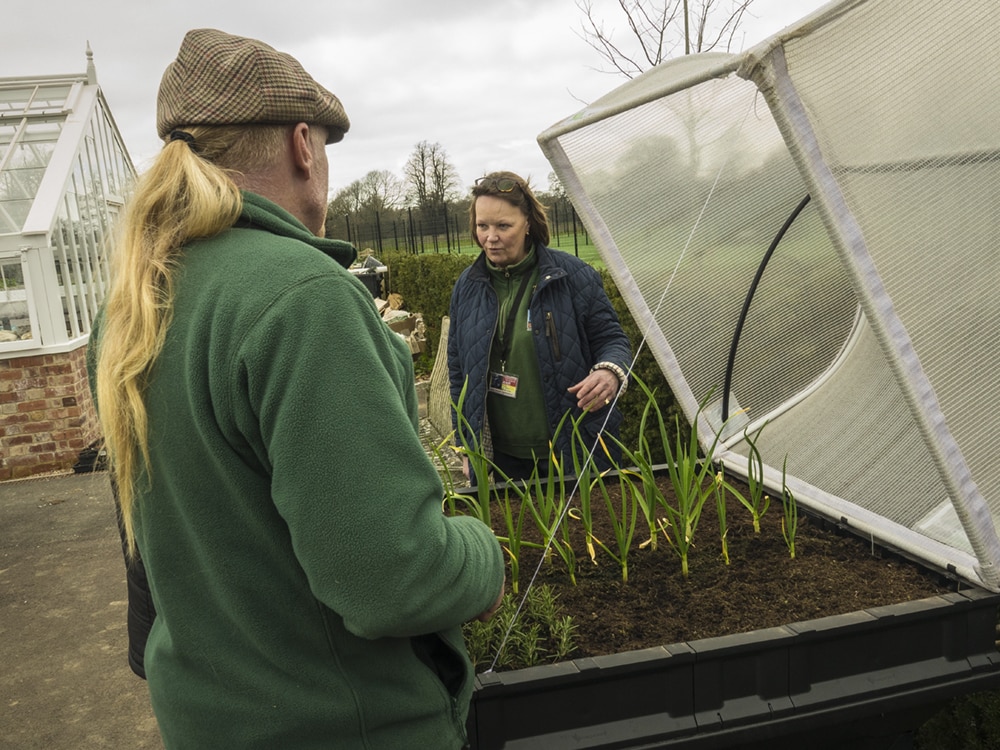
June 2018 saw the opening of Stanford Hall by Prince William, Patron of the establishment, and HighGround transferred their work there. Whilst gyms and physio facilities are of undoubted importance, the outside world at Stanford Hall provides an environment in which progress can be made with less conscious focus on goals or challenges. Outdoor activity is often vastly preferable for patients, not least, presumably, those for whom the outside world is their usual working environment. Then there are the psychological benefits of green, living environments; an immersion in nature often being far more conducive to conversation with therapists than silent indoor rooms. Unlike most other therapeutic settings a “garden is dynamic” and moving ever forward, suggestive of progress and a future.
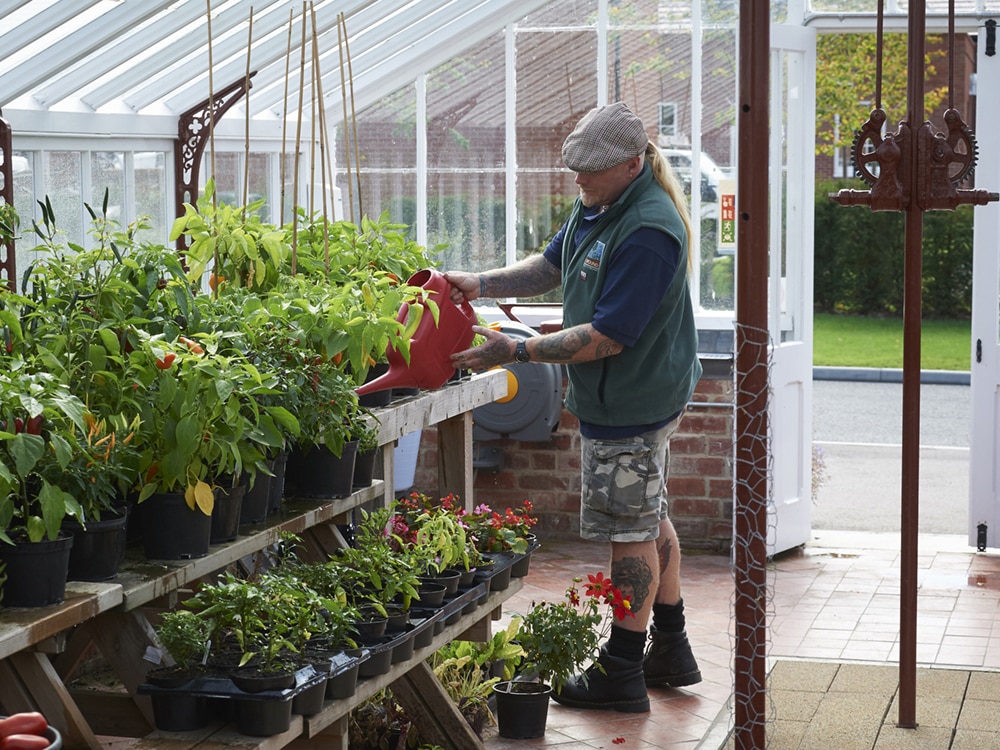
Keen to support HighGround’s work we’ve donated systems and are on hand with any material or advisory assistance we can supply. Andy Wright, the Therapeutic Gardens Manager at HighGround is looking forward to using AutoPot when Stanford Hall is receiving patients again and is already planning a series of trials.
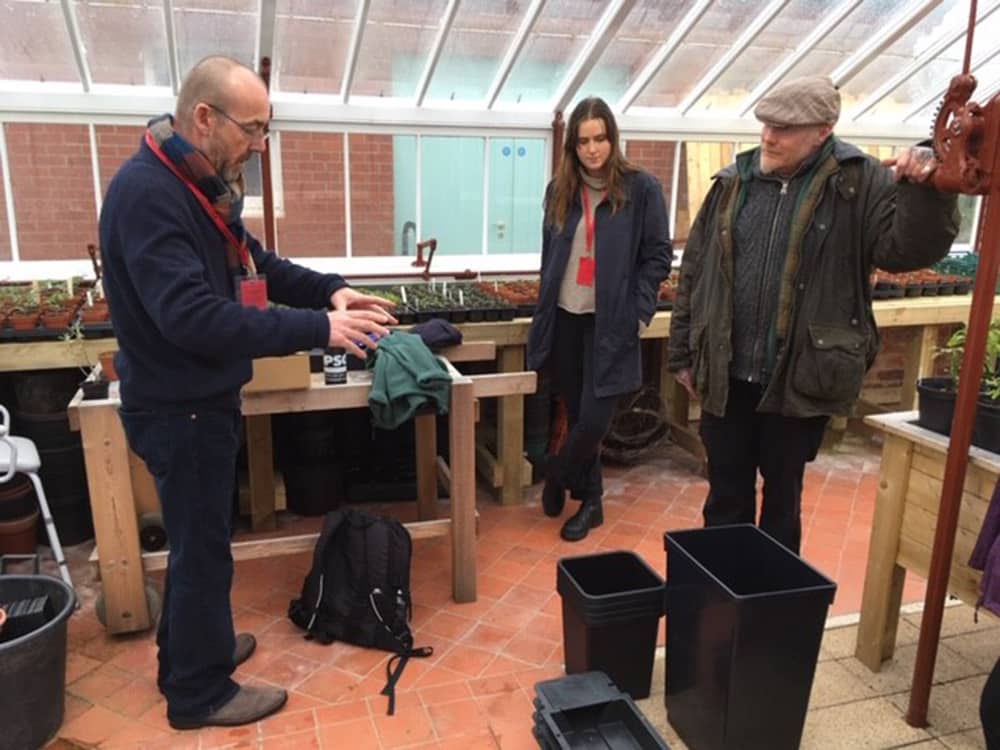
There are several perceived benefits in using the systems. Patients who’ve developed an interest in horticulture can broaden their experience of what is possible in terms of growing media, nutrients, and plant husbandry. Andy has also pointed out that “for patients who are less horticulturally minded, it is an interesting system. We have a lot of engineers who are patients, and they will find the principles and mechanics of the AutoPot fascinating to understand and to watch in action.”
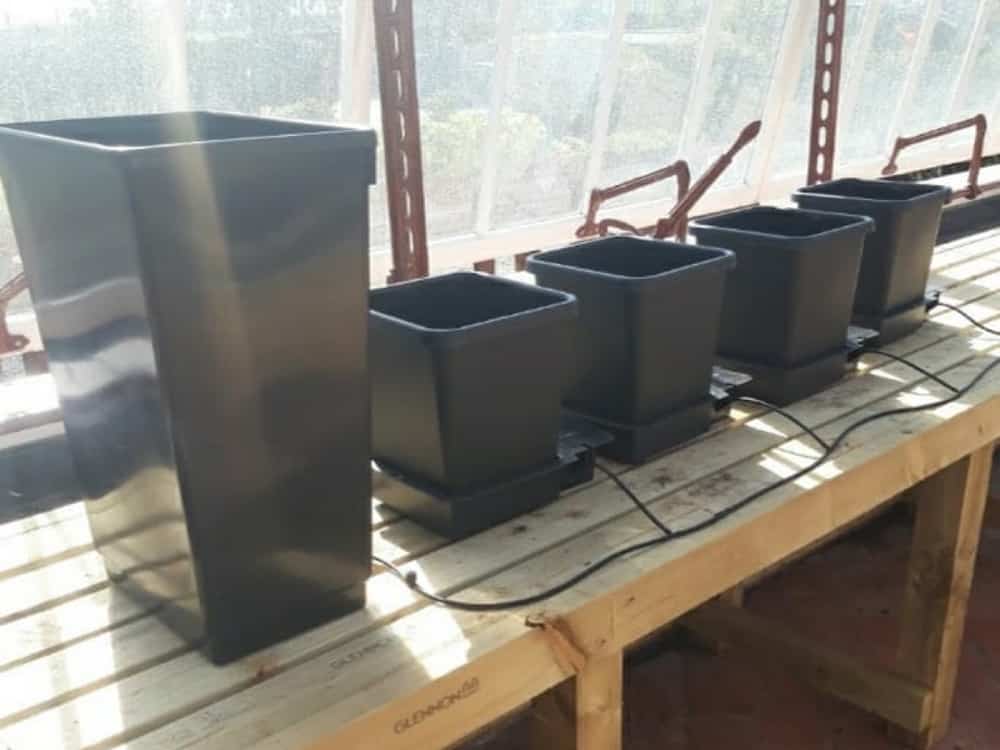
For our part we’d like to echo the words of Ian Elliott, the Chairman of HighGround’s Trustees. We’re very much looking forward to offering any expertise required in helping HighGround develop their much valued Horticultural Therapy work at Stanford Hall. Our thanks to Medwyn’s of Anglesey for the introduction, to Anna, and to the whole HighGround team for their time, engagement, and their warm welcome. Read more about our visit here and follow their sterling work on Insta and on Facebook.
Many thanks to HighGround for permission to use images herein – all images copyright HighGround.
| Monday | 9AM-5PM |
| Tuesday | 9AM-5PM |
| Wednesday | 9AM-5PM |
| Thursday | 9AM-5PM |
| Friday | 9AM-5PM |
| Saturday | Closed |
| Sunday | Closed |